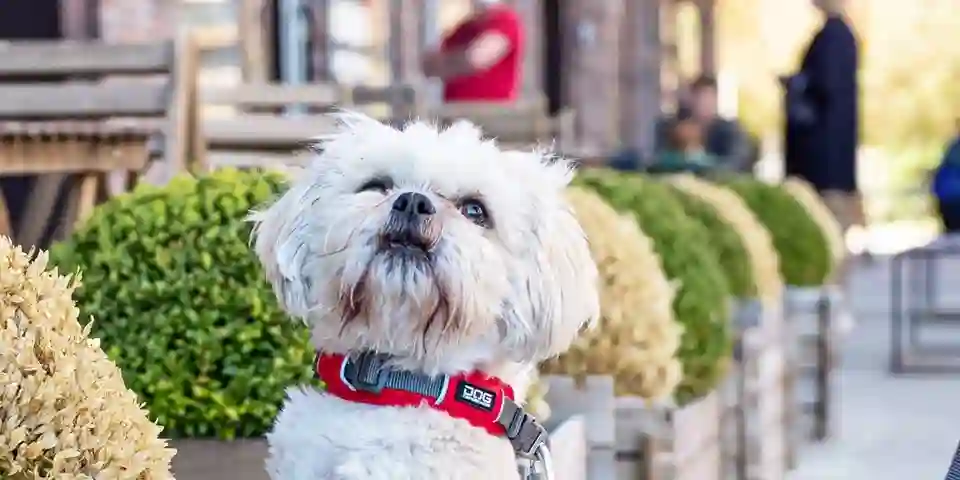For working and sporting dog breeds, a tactical harness isn’t just an accessory; it’s a crucial tool that enhances their performance and ensures their safety. Whether you’re handling a police dog, a service dog, or an active pet that enjoys rigorous outdoor activities, the right tactical harness can make a significant difference. This article explores the key factors to consider when choosing a tactical dog harness and provides insights into the features that make these harnesses suitable for high-performance canine activities.
Understanding the Needs of Working and Sporting Dogs:
Working and sporting breeds, such as German Shepherds, Belgian Malinois, and Labrador Retrievers, are known for their intelligence, agility, and strength. They often engage in activities that require endurance, speed, and flexibility. A tactical harness for these dogs needs to support these physical attributes while ensuring the dog’s comfort and safety.
Key Features of a Tactical Dog Harness:
- Durability: Look for a harness made from high-strength materials like nylon or reinforced polyester. These materials should withstand the rigors of outdoor environments and resist wear and tear from active use.
- Adjustability: A good tactical harness should have multiple adjustable points to ensure a snug, yet comfortable fit. This customization prevents chafing and irritation, which is crucial for a dog that’s active for extended periods.
- Control and Handling: Tactical harnesses often feature sturdy handles and strong D-rings for leash attachment. These elements provide handlers with better control, especially in situations that require close guidance or immediate restraint.
- Load Distribution: A well-designed harness distributes the load evenly across the dog’s body, reducing strain on any single point. This is particularly important for dogs that carry gear or pull weight.
- Breathability and Comfort: Given that these dogs will be wearing the harness for long periods, look for designs that offer good ventilation. Padding in key areas like the chest and back can provide additional comfort.
Choosing the Right Harness for Specific Tasks:
- Police and Military Dogs: For dogs involved in law enforcement or military work, choose a harness with reinforced stitching and handles for control. Molle (Modular Lightweight Load-carrying Equipment) systems for carrying gear and quick-release buckles for rapid deployment are also essential features.
- Search and Rescue Dogs: These dogs require lightweight harnesses for agility and maneuverability. Reflective elements for visibility and waterproof materials are also important for varied environmental conditions.
- Service Dogs: Service dog harnesses should be comfortable for all-day wear, with easy-to-identify patches and possibly pockets for carrying essentials.
- Sporting and Agility Dogs: Look for a harness that offers maximum freedom of movement, is lightweight, and has minimalistic design features to prevent snagging during agility courses.
Measuring and Fitting:
A poorly fitting tactical harness can hinder a dog’s movement and even cause injuries. Measure your dog’s neck, length, and chest girth accurately before purchasing. Once the harness is on, ensure you can fit two fingers under any strap to confirm a good fit.
Additional Considerations:
- Training: Proper training is essential for dogs to get accustomed to wearing and working in a tactical harness. Gradual introduction and positive reinforcement can help make the harness a positive aspect of their work or activity.
- Maintenance: Regular maintenance and inspections of the harness are crucial. Check for any signs of wear and tear, loose threads, or damaged buckles that could compromise the harness’s integrity.
Conclusion:
Choosing the right tactical dog harness for working and sporting breeds involves a careful consideration of the dog’s activities, comfort, and safety needs. By focusing on durability, adjustability, control, and comfort, you can select a harness that enhances your dog’s working capabilities while ensuring their well-being. Remember, the ideal harness varies based on the specific tasks and environments your dog will encounter, so consider these factors carefully to make the best choice for your canine companion.









